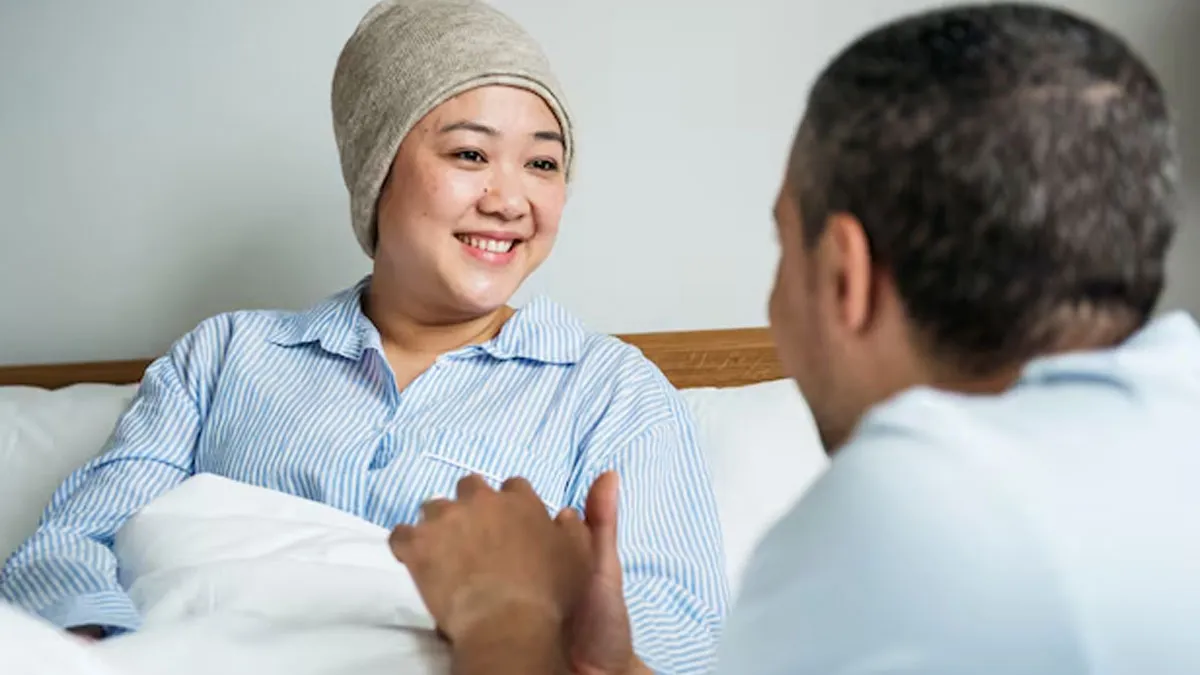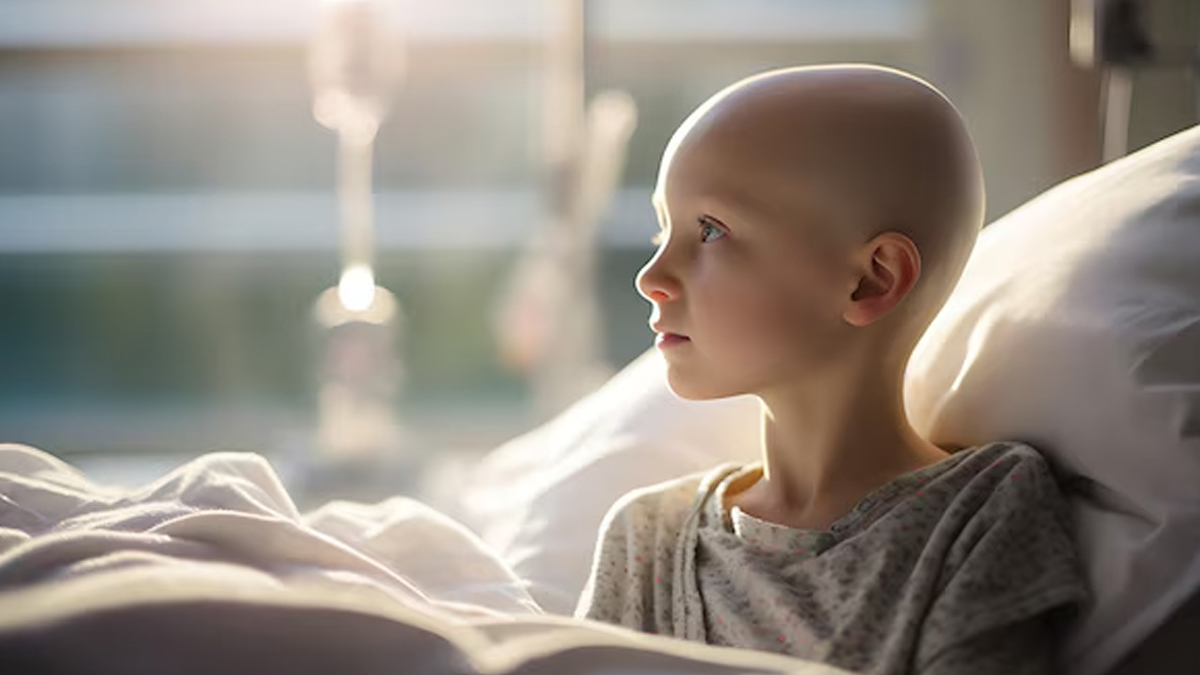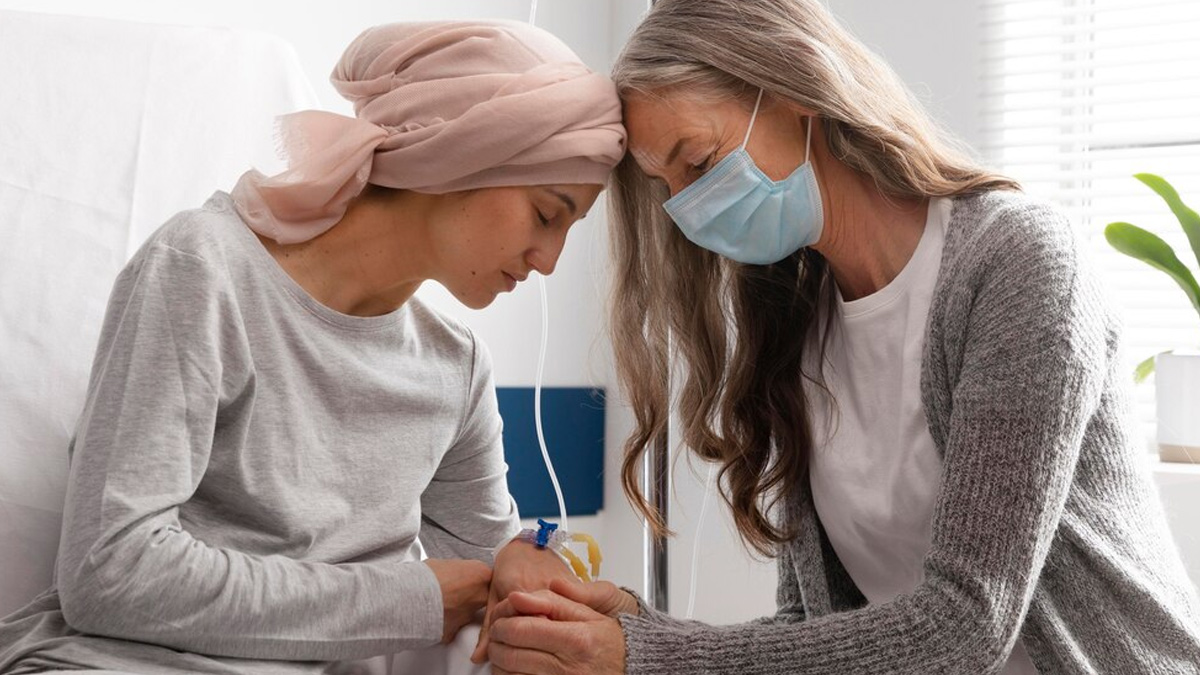
When people fall ill with minor problems like the flu, they may receive help from family or friends while recovering. Small acts of kindness like providing hot meals or keeping patients company if they live alone can provide comfort and alleviate stress, allowing them to heal. However, when facing a serious illness like leukaemia, the need for a strong support system becomes even more critical. Unlike short-term ailments, leukaemia requires intensive treatment, prolonged hospital stays, and immense emotional resilience.
Table of Content:-
We spoke to Dr Nitin Gupta, Chairperson, Clinical Haematology, Sir Ganga Ram Hospital, Delhi, who explained the importance of support systems and care of leukaemia patients.

Leukaemia is a type of cancer that affects the blood, marked by the rapid proliferation of abnormal blood cells. This uncontrolled growth occurs in the bone marrow, which produces most of the blood in the body. Approximately 11-19% of all cancer patients suffer from adjustment disorder, depression, or anxiety disorder.
According to a 2021 study, psychological problems have a ripple effect, resulting in economic losses and increased healthcare costs. Therefore, support systems are crucial for these patients. While medical treatment helps, the journey can be tough. Emotional, spiritual, and social support give patients the strength and confidence to keep going.
Challenges of Being a Caregiver

Irrespective of age, patients with leukaemia heavily lean on their families to help them get through the intensive treatments and complex regimens.
Caregivers play an immense role in encouraging patients and helping them go on. "They assist patients with daily routines, provide transportation and emotional support, administer medication, prepare meals, and manage finances. They also have to handle hospitalisations, disruptions of family routines, visits to the clinic, and financial expenses, all of this amid the constant looming threat of loss," shared Dr Gupta.
How Can Caregivers Address These Challenges?
While they play a significant role in a patient’s life, caregivers often struggle to cope with the burden and face health problems. Here are expert-recommended ways caregivers can ensure they can effectively carry out their responsibilities:
- Taking breaks
- Making time for self-care
- Planning activities, such as spending time with friends, watching a movie, or even taking a walk
- Being aware of limitations and asking for help when needed
- Joining support groups or online groups that provide relevant information on patient care
- Seeking professional help when placed under severe mental strain
Also Read: Living With Chronic Myeloid Leukaemia: Experts Advice On Management And Care
Role of Medical Social Workers

The responsibilities of healthcare providers are no longer limited to treatment. Along with families, providers also support patients throughout their journeys.
"Medical social workers are vital in providing cancer patients support and care. They help patients with registration, provide counselling, motivate them, conduct tobacco cessation activities, collect data for future use, aid in the admission and discharge process, and facilitate rehabilitation," added Dr Gupta.
For patients’ families, they provide grief counselling, increase awareness, act as a support system, conduct an economic assessment, provide bereavement support, and guidance on family adjustment. As community workers, they provide awareness through innovative methods, such as street plays, organise communities to handle health emergencies effectively and conduct screening camps. Furthermore, they also offer psychosocial support, which can improve patients’ emotional well-being and quality of life.
Building Support Systems
Families and medical social workers are indispensable components of the support system for leukaemia patients. A strong and holistic support system can include the following:

Joining Patient Advocacy Groups
With cancer care increasingly transitioning to a more outpatient setting, the responsibility of caring for patients rests on their families and caregivers, especially when it comes to administering treatments. In many cases, caregivers are not prepared for this role.
Patient Advocacy Groups (PAGs) are crucial in providing the required support in these cases. PAGs are non-profit organisations that provide services to patients and their families and/or caregivers. These groups can transform medical jargon into useful and actionable information. They also help those affected manage the emotional and practical challenges of cancer, according to a 2024 study.
Coping Strategies for Acute Myeloid Leukemia (AML) Patients
"AML is a common and aggressive form of leukaemia that involves intensive and toxic treatments. Patients suffer from several side effects, including sepsis, mucositis, and diarrhoea. Additionally, they also suffer from severe psychological symptoms, which adversely impact treatment outcomes," explained Dr Gupta.
Approach-oriented coping strategies, such as problem-solving, emotional support, and positive framing comprise cognitive and behavioural approaches that address or aid in managing stress. These strategies can improve quality of life and reduce psychological distress, as stated in Blood Advances journal.
Bottomline
Dr Gupta concluded, "Cancer impacts not just the person who is sick, but also everyone around them. Many people face this challenge alone, feeling hopeless, but it doesn't have to be that way. With the right support from medical teams, family, friends, and caregivers, they can find hope and strength even during tough times. It's not just about battling the disease; having support does make all the difference."
[Disclaimer: This article contains information provided by an expert and is for informational purposes only. Hence, we advise you to consult your professional if you are dealing with any health issue to avoid complications.]
Also watch this video
How we keep this article up to date:
We work with experts and keep a close eye on the latest in health and wellness. Whenever there is a new research or helpful information, we update our articles with accurate and useful advice.
Current Version